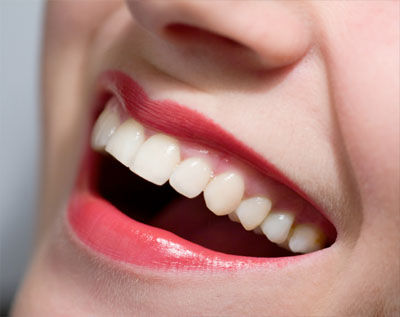
© Getty Images
A recent study of the speech information rate of seven languages concludes that there is considerable variation in the speed at which languages are spoken, but much less variation in how efficiently languages communicate the same information. The study, "A cross-linguistic perspective on speech information rate," to be published in the September 2011 issue of the scholarly journal
Language, is co-authored by François Pellegrino, Christophe Coupé, and Egidio Marsico. A preprint version is available
on line.
Their research sheds new light on the ways in which languages ensure the efficient communication of information. The study is based on 20 short texts (each consisting of five sentences) translated into seven languages (Mandarin Chinese, English, French, German, Japanese, Italian, and Spanish) and pronounced by about 60 native speakers. Dr. Pellegrino outlined the major findings of the team's research: "Languages do need more or less time to tell the same story - for instance in our study, the texts spoken in English are much shorter than their Japanese counterparts. Despite those variations, there is a tendency to regulate the information rate, as shown by a strong negative correlation between the syllabic rate and the information density." In other words, languages that are spoken faster (i.e., that have a higher syllabic rate) tend to pack less information into each individual syllable (i.e. have a lower information density).
As Dr. Pellegrino notes, "this result illustrates that several encoding strategies are possible. For instance, Spanish is characterized by a fast rate of low-information syllables, while Mandarin exhibits a slower syllabic rate with more informative syllables. In the end, their information rates are very similar (differing only by four percent)." Furthermore, Dr. Pellegrino concluded, "we discovered a strong relationship between the information density of the syllables and the complexity of their linguistic structure." Pellegrino and colleagues' result confirms the existence of distinct linguistic ways of packing information into syllables which eventually interact with the actual speech rate to result in a tendency toward a uniform information rate.


Comment: For more on the workplace psychopath, see:
Ponerology 101: Snakes in Suits